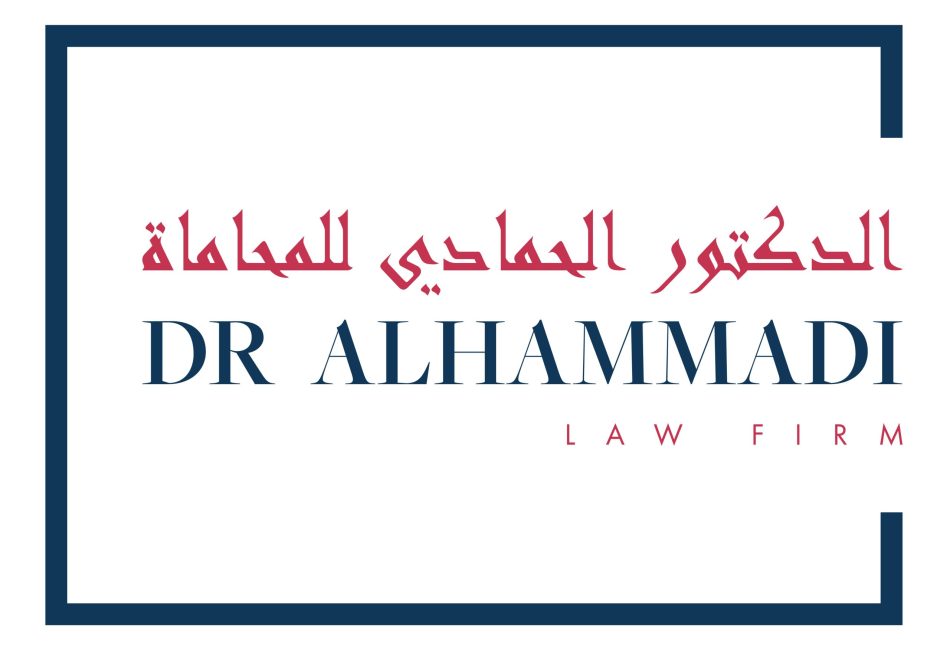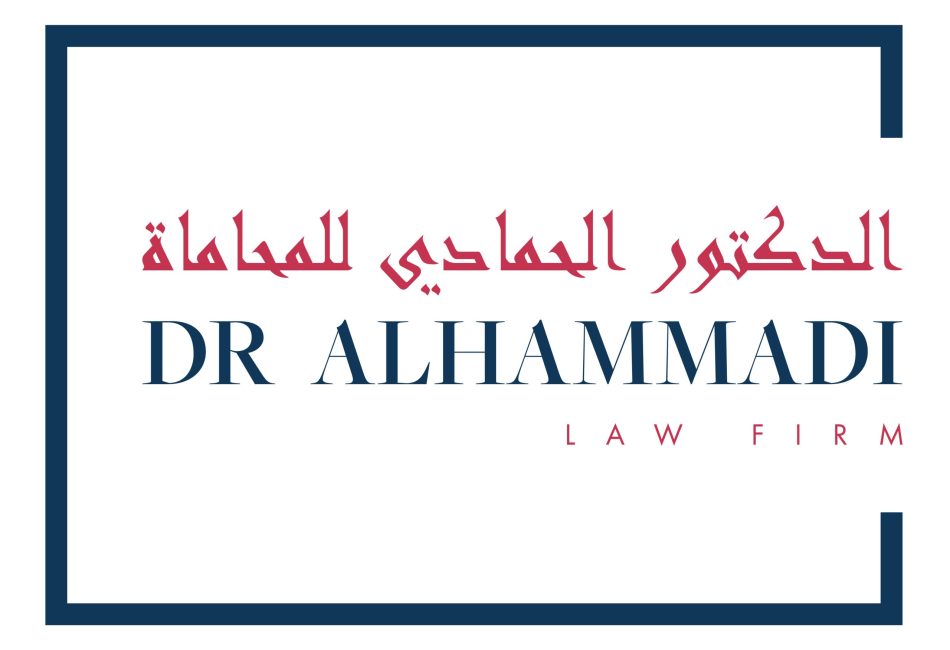Introduction:
The real estate transaction process involves various crucial steps and one of the linchpins in ensuring a smooth exchange of assets is the escrow agent. Entrusting this role to a licensed professional is not just a matter of protocol—it’s a safeguard against potential pitfalls that could jeopardize your financial well-being. In this article, we’ll explore the dangers associated with using an unlicensed escrow agent and why cutting corners in this crucial aspect of real estate dealings can lead to severe consequences.
- Lack of Regulatory Oversight:
Licensed escrow agents operate under a set of regulations and standards designed to protect the interests of the parties involved in a real estate transaction. Unlicensed agents, on the other hand, operate in a regulatory gray area, exposing clients to the risk of malpractice, fraud, or mishandling of funds. Without regulatory oversight, there is no guarantee that an unlicensed escrow agent is adhering to the ethical and legal standards expected in the industry.
- Financial Vulnerability:
The primary role of an escrow agent is to hold and disburse funds in accordance with the terms of the real estate transaction. Unlicensed agents may lack the financial safeguards and insurance coverage required by licensing authorities. This leaves clients vulnerable to the mismanagement or misappropriation of funds, leading to financial losses that can be challenging to recover.
- Inadequate Knowledge of Legalities:
Real estate transactions involve a complex web of legalities, and the escrow process is no exception. Licensed escrow agents undergo training and education to stay abreast of the latest legal developments, ensuring that transactions comply with relevant laws and regulations. Unlicensed agents may lack this comprehensive understanding, increasing the likelihood of errors, oversights, or legal complications that could result in legal disputes.
- Potential for Fraudulent Activities:
Unlicensed escrow agents may operate with less scrutiny and accountability, making them attractive targets for fraudulent activities. From identity theft to outright scams, the absence of licensing can embolden dishonest individuals to exploit unsuspecting clients, putting personal and financial information at risk.
- Voided Transactions and Legal Complications:
Real estate transactions hinge on a smooth and legally sound escrow process. Utilizing an unlicensed escrow agent introduces an element of uncertainty that can lead to voided transactions and legal complications. Invalid escrow processes can jeopardize the entire transaction, resulting in wasted time, and effort, and potentially irreparable damage to relationships between parties involved.
Conclusion:
The danger of using an unlicensed escrow agent cannot be overstated. In an industry where trust, security, and legal compliance are paramount, cutting corners by opting for an unlicensed professional is a gamble with potentially severe consequences. To safeguard your financial interests, ensure a legally sound transaction, and minimize the risk of fraud or malpractice, it is crucial to engage the services of a licensed and reputable escrow agent. The peace of mind and protection offered by a licensed professional far outweigh any perceived short-term gains associated with opting for an unlicensed alternative.






